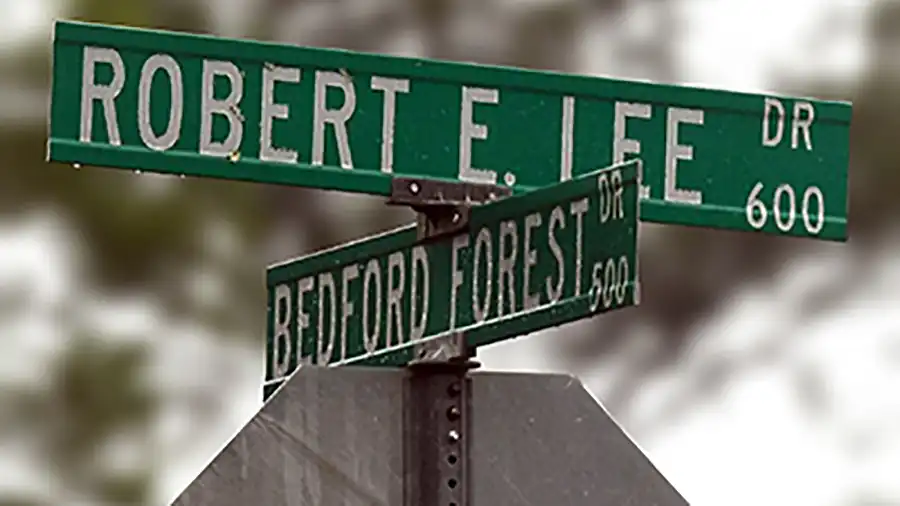Allyship and Antiracism Work
Allyship and Antiracism Work

As a college and institution of higher learning, it is our mission to promote intellectual inquiry and effective civic engagement within the context of respect for diversity. Our ability to educate is one tool for making change in the world. We can demand change in our community, but first, we have to educate our community on why that change is necessary.
One way we can educate our community is through the College Conversations: Allyship & Antiracism series, which features faculty members in the college whose research focuses on identifying racism, how to become an antiracist, and other topics related to allyship and antiracism.
Derek Alderman, professor and interim head of the UT geography department, presented Embattled Names, Racialized Memories, and Wounded Places, with colleague Gregg Ferguson, a community activist and educator, July 30.
As of late, we have seen growing calls from activists and communities to remove the names of racist historical figures from the names of streets, parks, schools, university campus buildings, and other spaces. Often lost on many members of the public, especially opponents to these changes, is the larger historical relationship between these valorized names and the physical, structural, and symbolic violence of white supremacy—realized both in the past and the present.
To put these ongoing struggles in context, Alderman discussed the power of commemorative place names and the complex role they play in the memory-work of antiracism and the politics of planning more socially just landscapes. Ferguson described her own efforts to rename a Stonewall Jackson Middle School and the results of her dissertation, which documented the harmful, wounding effects of white supremacist and Confederate names on students and teachers of color.
Watch the presentation online.
The College Conversations series is open to the public, but registration is required. Learn more about how to register and see a list of upcoming presentations.
